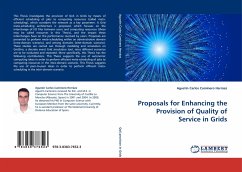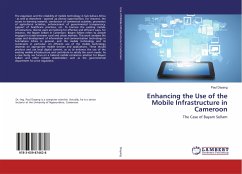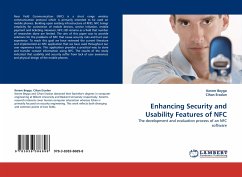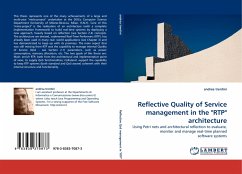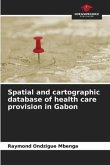This Thesis investigates the provision of QoS in Grids by means of efficient scheduling of jobs to computing resources (called meta-scheduling), which considers the network as a key parameter. A Grid meta-scheduling architecture is proposed, which focuses on the interchange of I/O files between users and computing resources (these may be called resources in this Thesis), and the impact these interchanges have on the performance received by users. Proposals are presented to perform meta-scheduling within an administrative domain (intra-domain scenario), and among domains (inter-domain scenario). These studies are carried out through modeling and simulation on GridSim, a discrete event Grid simulation tool, since different scenarios are to be evaluated and repeated. More specifically, this Thesis has the following contributions. This Thesis suggests the use of autonomic computing ideas in order to perform efficient meta-scheduling of jobs to computing resources in the intra-domain scenario. This Thesis suggests the use of peer-to-peer ideas in order to perform efficient meta-scheduling in the inter-domain scenario.
Bitte wählen Sie Ihr Anliegen aus.
Rechnungen
Retourenschein anfordern
Bestellstatus
Storno

